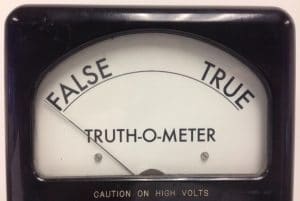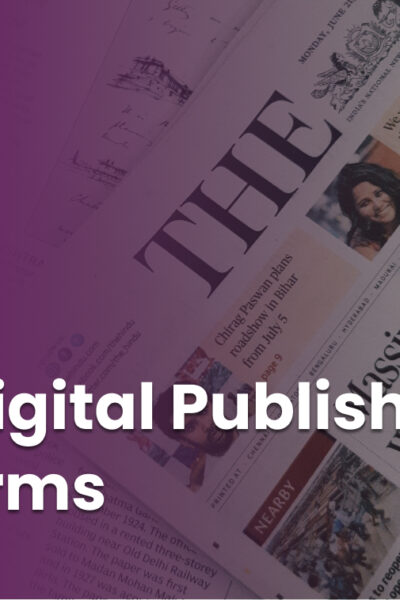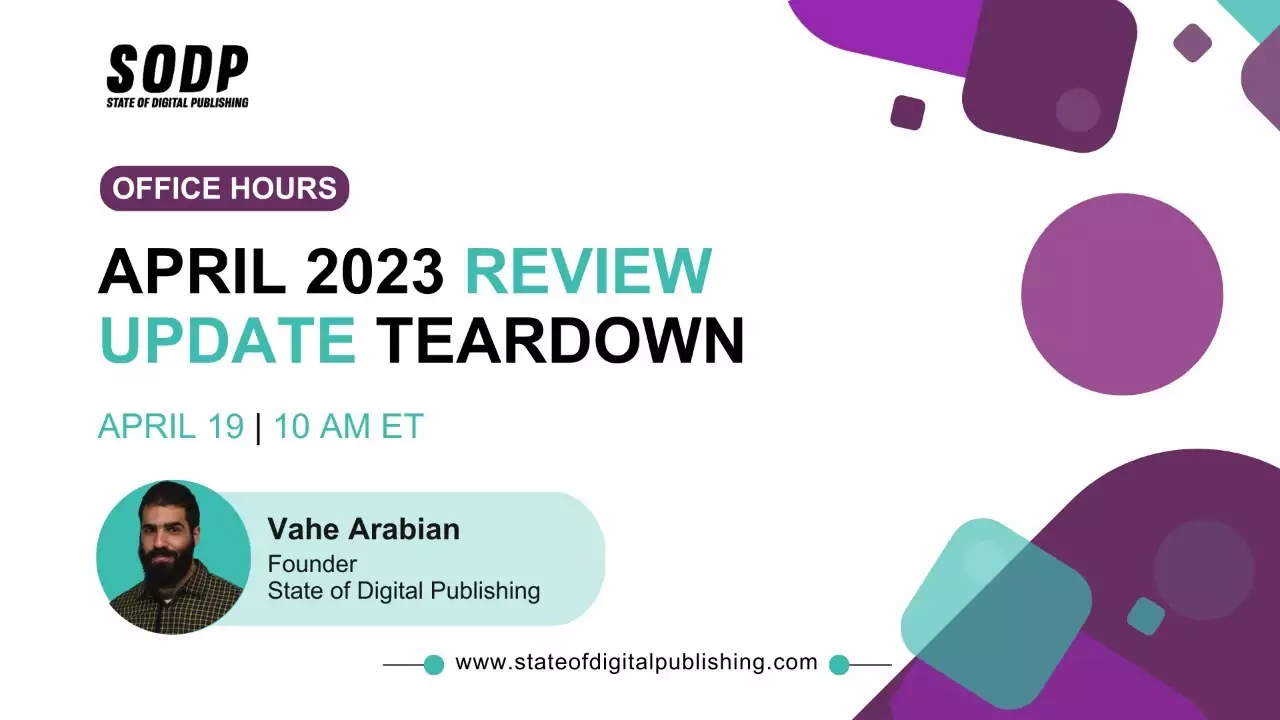Journalists have long used sources and leaks to cover major events, yet the ethical minefield that comes with naming those sources has become even more precarious. It’s easier than ever before to identify specific people from a name and a few basic stats. This creates problems for those in sensitive positions who might be taking a view that their employers or their friends could disagree with, and for various reasons, they might prefer to be unnamed. As a digital publisher, should you use unnamed sources anyway?
Fact-checking is essential in digital publishing
Unfortunately, when a journalist uses an unnamed source, it immediately calls into question the validity of the evidence. This is because the source cannot be then checked and referenced easily.
This was a big problem for the now-retracted Rolling Stone article “A Rape on Campus,” where an anonymous source is known as “Jackie” essentially made a series of unconfirmed allegations against the University of Virginia that were not treated critically enough by the journalist or the magazine. “Jackie,” Rolling Stone eventually found, had fabricated the incident. Because this topic went viral online, however, the damage was significant to millions of people worldwide had accessed it.
The Rolling Stone article emphasized the problem with unnamed sources, notably that it’s hard to fact-check them independently without significant investigative work. It’s also hard to know what their biases are and whether they have something to gain from the publication of the article. Finally, the easy access to media online ensures that major errors quickly spread. It’s hard to conceal mistakes when they’re available for anyone to instantly access through various archiving efforts.
Digital publishers without strong sourcing can suffer credibility issues
It’s also no coincidence that magazines and papers that use unnamed sources more are generally considered less credible. Yet despite all this, unnamed sources have been vital when breaking news. The Watergate scandal is likely the most notable, leading to the resignations of President Nixon and Vice-President Agnew. The source was Deep Throat, who eventually turned out to be FBI Deputy Director Mark Felt. He and several other anonymous sources made this news possible.
Legal issues as well, when it comes to publishing stories, limit the effectiveness of anonymous sources, as journalists cannot ever guarantee that those sources will remain anonymous.
At SODP, we believe it comes down to trust. In an era that could be defined by “alternative facts” and unprecedented hostility to the press, anonymous sources may be vital. As a digital publisher, you have to be willing to make calls about when you’re confident enough to publish information, knowing that as soon as you do, that story is associated with you.
Do you use unnamed sources in your stories? How do you feel when you read a story with unsourced facts or unnamed sources?
Content from our partners
Share your views in the comments section below. Or if you have a news story or tip-off, drop us a line at [email protected].












